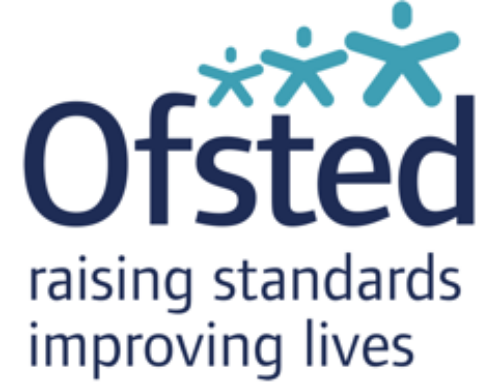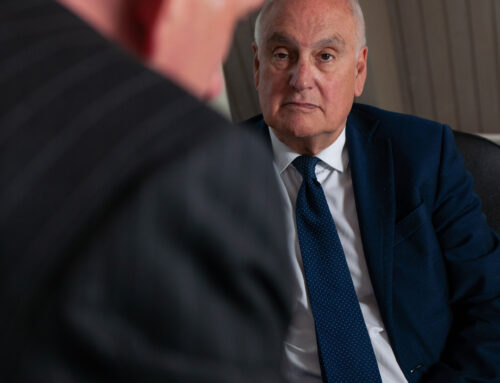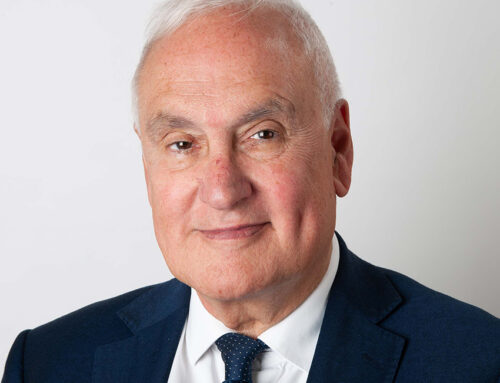The word “vision” is used so many times in the educational world that we tend to skip over it without really thinking about what it really means.
Head teachers talk constantly about their vision for their schools and inspectors usually ask school leaders about their vision in the course of an inspection.
I confess that I’m as guilty as anyone in waxing lyrical about my educational vision, formulated over half a century of teaching and school leadership, to anyone who is prepared to listen.
Nevertheless, I don’t apologise for this because it’s so important that every school leader thinks carefully about their beliefs and is able to express them well. These beliefs should underpin everything we do in school and shape how we are perceived as school leaders by the staff and the whole school community.
Our beliefs also act as guard-rails in a turbulent educational world and the hurly-burly of school life. When you’re up against it and under pressure as a school leader you inevitably look for the touchstones of belief to keep you going.
There have been so many times in my past when I’ve had to draw upon my view of what is educationally right and wrong when confronting a particularly difficult issue or member of staff. I can see myself now saying “I’m sorry you don’t agree with my decision but this is where I stand. I’m not going to change my mind. This is what I believe and you’re either with me or against me”
This sounds quite stark but I think the best head teachers are the ones who make it absolutely clear where they stand on a whole host of issues. Indeed, clarity of vision, I believe, makes school management much easier and more effective.
Vision is not a set of woolly, amorphous values that you see in any school prospectus. Cosy platitudes and worthy aspiration are no substitutes for an educational credo which can be translated into the daily life of the school to raise standards for all children and young people.
Forgive my self-indulgence but let me give you some of my educational credo. This is not a comprehensive checklist but some core beliefs which have always shaped the way I’ve led and managed my schools. Please feel free to disagree and criticise but, in return, I ask that you provide me with your set of educational beliefs which I promise to consider and possibly integrate with mine. So, here goes and in no order of priority:
1) A passionate belief that state education should be of such high quality that parents would rarely consider sending their children to the private sector.
2) That children from poor families should have the same educational opportunities as those from more prosperous backgrounds.
3) That a more autonomous education system only works well when it is matched by fair and robust levels of accountability.
4) That we should never patronise children and young people, particularly from poor backgrounds, by dumbing down the curriculum, examination system or the quality of educational provision.
5) Similarly, we should never patronise young people by setting a bad example in the way we conduct and present ourselves as professionals.
6) That structure and clear boundaries liberate young people to learn, particularly those from unstructured and sometimes chaotic backgrounds. Disorderly schools shackle young people in prisons of mediocrity.
7) That teaching and learning is central to school life and high standards. Head teachers who do not tackle consistently poor teaching consistently let down children.
8) That student progress data are much more important than examination outcomes.
9) That a good school culture is a pre-requisite for high standards and that every member of staff should understand it and support it.
10) That schools should be tough on parents who are not supportive of their children’s education.
11) That schools sometimes have to be countercultural to protect children from the malign influences of contemporary culture.
12) That all school leaders should understand the power and influence of their position. They have a unique responsibility to shape young people’s lives and the society in which they live. They should manifest that power with humility and without any sense of self-aggrandisement.
13) That head teachers see themselves as lead teachers as well as lead administrators.
14) That professional development and training should be of the highest quality so that every member of staff appreciates its importance.
15) That understanding the wider political context and national initiatives are vitally important for school leadership.
Vision coupled with hard-headed pragmatism makes for good leadership and good schools.
If I look back at my thirty years of headship, those core beliefs, itemised above, changed very little. What did change were the objectives to achieving them.
Circumstances can sometimes constrain action- be they funding, staffing or political barriers. These might look insurmountable at the time but I assure you, with determination, you will overcome them and eventually be able to look beyond the parapet to achieving your long term aims.
It’s important, therefore, to be resilient and optimistic. Never lose hope. Never lose your idealism and never lose your VISION to do the best for the children and young people in your charge.
Sir Michael Wilshaw





